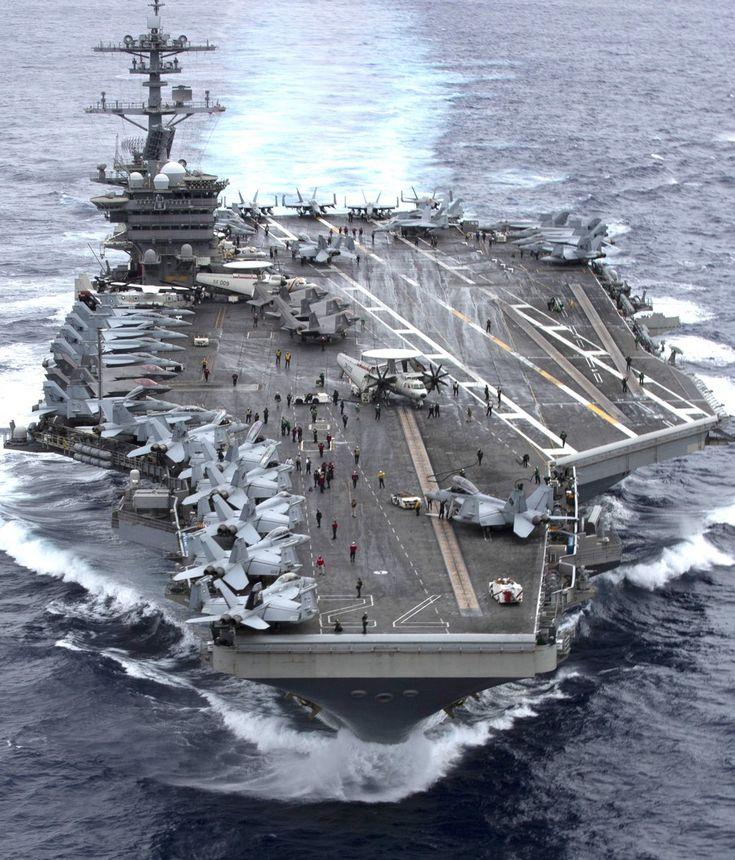DCIS Naval Criminal Investigation Unit

When we think about the U.S. Navy, images of powerful ships, submarines, and highly trained sailors often come to mind. Yet, behind this formidable maritime force lies an equally critical defense mechanism—one that doesn’t rely on missiles or warships but on intelligence, investigation, and vigilance. That mechanism is the DCIS Naval Criminal Investigation Unit, a specialized division tasked with uncovering crimes, preventing fraud, and safeguarding the integrity of naval operations worldwide.
The Defense Criminal Investigative Service (DCIS) serves as the law enforcement arm of the Department of Defense (DoD) Office of Inspector General. Within this broad umbrella, the Naval Criminal Investigation Unit plays a focused role in ensuring that Navy-related missions remain free from corruption, espionage, and insider threats. Its presence underscores the principle that true national security is not only about external defense but also about internal accountability.
The Mission of DCIS Naval Criminal Investigation Unit
The unit operates on a simple but powerful mission: to detect, investigate, and prevent criminal activity that threatens the efficiency and reputation of the Navy. This encompasses a wide range of offenses, from financial fraud to procurement corruption, cybercrime, and even counterintelligence threats.
Unlike traditional naval units that defend borders and seas, DCIS focuses on defending the trust that keeps the Navy operational. Every contract signed, every technology acquired, and every financial transaction made within naval operations must be shielded from fraud and exploitation. The Naval Criminal Investigation Unit ensures these processes remain transparent and lawful.
Fighting Financial Crimes and Procurement Fraud
One of the key areas where the DCIS Naval Criminal Investigation Unit shines is in procurement fraud detection. The Navy relies on countless contractors and suppliers for shipbuilding, weapons systems, and cutting-edge technologies. Unfortunately, such vast operations often attract fraudulent schemes—fake invoices, overpricing, bribery, and bid-rigging.
The DCIS unit steps in to investigate these crimes. By exposing corruption in defense contracts, they save billions of taxpayer dollars and protect the Navy’s operational readiness. In many cases, the unit collaborates with other agencies such as the FBI, Naval Criminal Investigative Service (NCIS), and Department of Justice to bring perpetrators to justice.
Cybersecurity and Counterintelligence Role
In an era where cyber warfare is as real as physical combat, the DCIS Naval Criminal Investigation Unit also monitors digital threats. Hackers, hostile nations, and insiders attempting to leak sensitive naval intelligence pose enormous risks. This is where DCIS steps up—tracking cyber intrusions, investigating insider espionage, and ensuring naval systems remain secure from exploitation.
Furthermore, the unit plays a counterintelligence role by uncovering attempts from foreign adversaries to infiltrate U.S. naval operations. Such efforts are vital not only to maintain secrecy but also to prevent strategic disadvantages in global military positioning.
Collaboration Across Agencies
The strength of the DCIS Naval Criminal Investigation Unit lies in its collaborative spirit. It does not work in isolation but partners with the Naval Criminal Investigative Service (NCIS), the FBI, Homeland Security, and international defense partners when necessary. This collective effort enables broader intelligence sharing and ensures that investigations transcend jurisdictional barriers.
By pooling resources and expertise, the unit enhances the U.S. Navy’s ability to maintain trust and accountability both at home and across its global missions.
Why the Unit Matters More Than Ever
Today’s defense landscape is more complex than ever before. Threats are no longer confined to battlefields—they exist in financial systems, cyberspace, and corporate boardrooms. For this reason, the role of the DCIS Naval Criminal Investigation Unit has never been more relevant.
Each investigation they conduct protects not only military budgets but also the lives of service members who depend on trustworthy systems, reliable equipment, and uncompromised intelligence. In other words, by fighting fraud and corruption, the unit directly contributes to mission success and national security.
The Human Side of the Mission
Behind every investigation is a dedicated team of special agents, forensic experts, analysts, and legal professionals. These individuals work tirelessly, often under the radar, to pursue justice. Their job demands a unique mix of skills—law enforcement expertise, military knowledge, and technological proficiency.
Unlike frontline sailors, their battlefield is one of evidence, interrogation, and analysis. But their contribution is equally critical. Without their work, the Navy would be vulnerable not just to external enemies but also to the silent threats of corruption and deceit.
Looking Ahead: The Future of Naval Criminal Investigations
As defense systems grow more advanced, so do the tactics of those attempting to exploit them. Artificial intelligence, blockchain, unmanned systems, and next-generation cybersecurity tools are all shaping the future battlefield. Correspondingly, the DCIS Naval Criminal Investigation Unit must evolve continuously to keep pace.
Future challenges will likely involve deepfake intelligence manipulation, AI-powered cyber intrusions, and complex international fraud networks. By embracing technology and expanding partnerships, the unit ensures it remains ahead of the curve.
Conclusion
The DCIS Naval Criminal Investigation Unit is more than an investigative branch—it is a shield that protects the Navy’s honor, finances, and operational strength. Its quiet yet powerful role exemplifies that safeguarding national defense requires more than military might; it demands transparency, accountability, and relentless vigilance.
As long as threats evolve, so too will the mission of this indispensable unit—ensuring that the United States Navy remains not only a global maritime power but also a force built on trust and integrity.
- Art
- Causes
- Crafts
- Dance
- Drinks
- Film
- Fitness
- Food
- Spellen
- Gardening
- Health
- Home
- Literature
- Music
- Networking
- Other
- Party
- Religion
- Shopping
- Sports
- Theater
- Wellness


